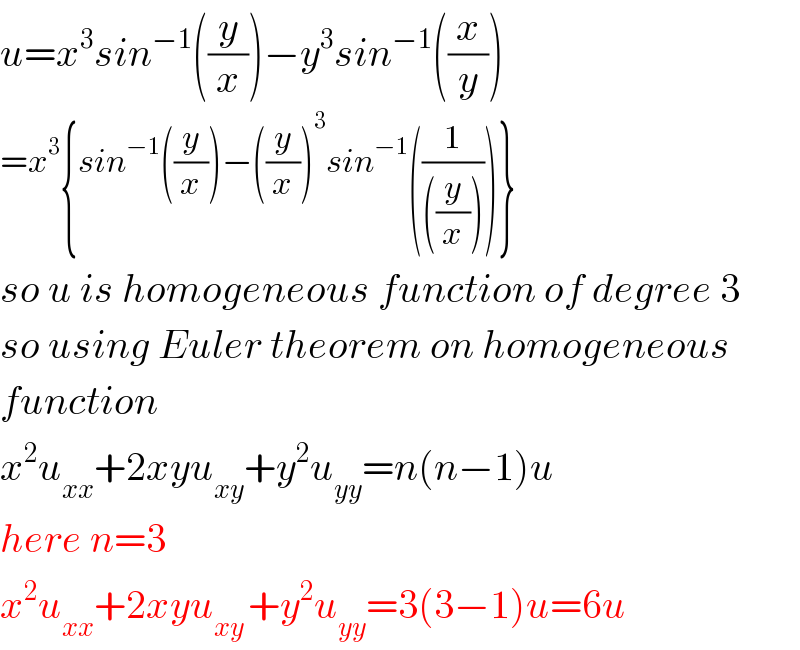
Question and Answers Forum
Question Number 121361 by rs4089 last updated on 07/Nov/20

Answered by TANMAY PANACEA last updated on 07/Nov/20

| ||
Question and Answers Forum | ||
Question Number 121361 by rs4089 last updated on 07/Nov/20 | ||
 | ||
Answered by TANMAY PANACEA last updated on 07/Nov/20 | ||
 | ||
| ||